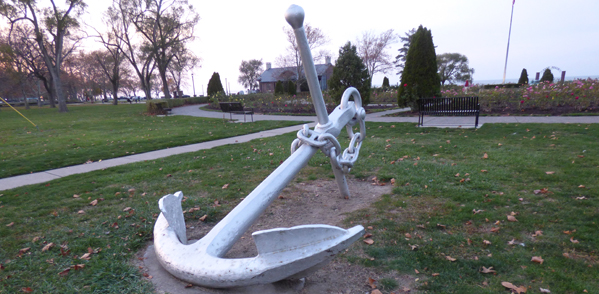Need-Based Communication (NBC)
NBC is my term for NVC (Non-Violent Communication),
which was created by Marshall Rosenberg.
In 2014, I learned about Non-Violent Communication (NVC)
by reading Marshall Rosenberg's book, Non-Voilent Communication: A Way For Life.
The protocol for how to do NVC felt too formulaic, awkward and unnatural
to me, and I struggled to remember the basic steps involved.
Eventually I realized that NVC just basically boils down to being aware of Needs.
After that, I quit trying to memorize the formula and just focused on identifying my own and others' true needs.
Marshall said that in our natural state,
we are aware of our needs from moment to moment,
and we naturally want to help others get their needs met.
Trauma disconnects us from ourselves and others,
making it difficult to identify our needs and cutting us off
from our natural (social) desire to help others get their needs met.
Here is the essence of NBC (and NVC) for me:
- Awareness - Striving to be aware of what my true needs are in each moment.
- Silent Listening - Always silently listening for what the true needs of others might be.
The better I get at identifying my own true needs by feeling my feelings and neutralizing my anchors, the better I get at correctly guessing what the true needs of other people might be, even if they themselves do not know (which is often the case).
I mostly just engage in the listening aspect of NBC.
If it would be appropriate and helpful, I will sometimes engage in one or more of the verbal aspects below.
- Active Listening - I verbally state what I hear or understand the need(s) of the other person to be.
"It sounds like you have a need to/for ________________." - Expression - I verbally express my genuine feelings and needs.
- Requests - I request help with getting my needs met.
I am okay with receiving a "no" to my request.
I can keep asking around until I find someone, who can help me meet my need or direct me to the right resource. - Appreciation - I express appreciation in a way that acknowledges how another person helped me meet a need that I had, and I share how I genuinely feel about getting that need met.
